Watching Japanese TV Every Day for a Month (Or, What to Do When Things Don't Go To Plan)
/In my second year of university, when I should have been revising for my Japanese exam, I borrowed the Studio Ghibli film Princess Mononoke (もののけ姫 Mononoke-hime) from a friend and watched that instead. It was way too fast for me, and I didn’t understand anything. I think I literally caught about two words.
It definitely didn’t help with my exam. If anything it just left me feeling a bit discouraged. I should have watched Mononoke with subtitles. Or, probably, I should have watched something easier.
I gave up on watching Japanese films for a while after that. But later on, I discovered Japanese TV, and found it a fun and interesting way to develop my listening skills.
As one of my monthly challenges this year, I decided to watch Japanese TV every day for a month. I thought this would be easy – I already watch quite a lot of Japanese TV.
But just like my exam “revision”, it didn’t exactly go to plan…
Week One – A Promising Start
I spent the first week of September helping my brother move house. I had the week off work, I wasn’t doing any lesson prep or teaching, and I had good chunks of time to myself each day. It was easy to watch an episode or two of Japanese TV every day.
I watched The Naked Director (全裸監督 zenra kantoku), a Netflix series about the life of Japanese adult video director Toru Muranishi. These episodes are 45 minutes, so I’d watch one a day, or half an episode a day if I was short on time.
Tip: Don’t feel obliged to watch whole episodes. Half an episode is better than nothing.
Watching Japanese TV every day was going to be easy, I thought.
Week Two – Branching Out
Back home in Brighton, the following week, I watched some of Atelier (アンダーウェア andāwea, meaning Underwear), another drama series. Atelier is about a young woman, Tokita-san, who works for a high-class lingerie shop in Tokyo’s Ginza district. It’s a gentle, chocolate-boxy show about Tokita’s relationship with her intimidating boss.
I started watching Atelier when it came out in 2015, got bored and came back it this month. I watched about six episodes again this time, and then got bored again.
One of the great things about Netflix, of course, is that it has a wide range of shows, so you can jump about and find something you like. You don’t have to commit to watching in the same way that you would if you were buying a TV series or paying to rent it from a DVD shop (remember those? I do.)
Tip: If you get bored, stop watching and try something else!
I moved on to Netflix’s Terrace House (テラスハウス, terasu hausu).
(Interestingly, テラス (terasu) is the Japanese word for a balcony, so the “terrace house” of the title is a fancy modern house with a balcony, not a UK “terraced house”, which is a house built as part of a row of houses.)
Terrace House is a housemate-format reality TV show. Unlike other house-based shows, though, it’s slow-moving and meditative. There are no “evil” tasks or conflict-inducing rule changes.
The housemates are allowed to come and go as they please. They go to work. Not much really happens. No one is voted out, and mostly they seem to sit around talking about what to have for dinner.
It’s delightful, and from my students I know it’s pretty popular among learners of Japanese.
The format of Terrace House is great for comprehension, too. You watch the intro, which previews the action and shows you what’s going to happen. Then the action happens. Then the studio cast discuss what’s happened. Then we preview what’s coming up on the next episode. This is great for comprehension, because key points are repeated.
It’s a bit like this sketch:
Of course, reality TV is great listening practice for natural speech. It’s how real people speak, in fairly real situations. If you find natural speech fast or difficult to follow, try watching with subtitles.
Tip: turn the subtitles on. It’s not cheating to watch with subtitles! If you’re at intermediate level or above, try watching with Japanese subtitles.
I also watched a beautiful film, 聲の形 (koe no katachi, A Silent Voice), which was recommended to me by several of my students. It’s an animated teen drama, following the relationship between a deaf girl and a hearing boy, and exploring themes of bullying, disability and redemption.
If you liked Makoto Shinkai’s Your Name (君の名は, kimi no na wa), you should definitely watch A Silent Voice:
Things were going well!
Week Three – Forgetting
I went vegetarian when I was ten. A few months later, my friend’s sister decided she was going to be vegetarian too. But then the next week, out for a meal, she forgot and ordered spaghetti bolognese. Once her meal came, she remembered that she was supposed to be vegetarian and was quite upset.
I found this totally baffling. How could she forget something so important? How could someone forget that spaghetti bolognese isn’t vegetarian? Why didn’t her parents question it when she ordered? None of this made sense to me.
I was similarly surprised, in the middle of the third week of September, to remember that I was supposed to be watching Japanese TV every day. I hadn’t watched any Japanese TV for four whole days. Not only that, I even hadn’t noticed I hadn’t done it. I just completely forgot.
I’m usually a pretty organised and disciplined person, so this was an unpleasant surprise. September is a busy month for me, as my new courses start, and this year was particularly busy, as I had other things going on too.
But what to do now?
When you realise you’ve “failed” at a challenge you've set yourself, you basically have two choices.
Option one is to give up. There was no way for me to turn back time and achieve what I set out to do – to watch Japanese TV every day in September. So, I figured, I could just quit, and take it easy for the rest of the month.
Option one was pretty tempting, especially when I started to think about why I had managed to forget that I was supposed to be doing this challenge.
I think the key problem was that watching Japanese TV is not really a challenge for me. I don’t mean that it’s not difficult – obviously I don’t understand everything. Or that I have nothing to learn – I do.
But I already watch TV most days, and I watch quite a bit of Japanese-language TV, so watching Japanese TV every day was not enough of a change in habit. I did it for half the month, and then I forgot I was supposed to be doing it.
The other monthly challenges I’ve done have been harder, and yet I managed them. Speaking Japanese without being in Japan required planning, effort, early mornings and occasional bribery. Reading Japanese books every day, I needed to have a book on me at all times. Even playing Japanese video games every day required me to work out when I was going to squeeze 20 or 30 minutes out of each day.
But watching Japanese TV when I get home from work just feels a bit too similar to watching English-language TV when I get home from work.
Tip: don’t make your goals too easy, or you may find that they’re not motivating.
Option Two was to keep going, and see how it went. I figured that even if I didn't clock up the hours I was hoping for, it would probably still be more Japanese TV than I would have watched otherwise.
I decided to keep going.
Week Four - Taking a Detour
At the weekend, I watched five episodes of Terrace House (2.5 on Saturday, 2.5 on Sunday. See, the half episodes do add up).
I also watched another Japanese film, Tokyo Sonata:
Japanese TV started to crop up everywhere. A colleague asked if I was into Kore-eda films. The new term started, and I overheard my new beginner students talking about Terrace House. My STEP 2 students swapped recommendations for easy Japanese shows to watch. I went for a walk with a friend, and she told me she’d been exploring the Japanese side of Netflix.
As for me? I might watch Princess Mononoke again some day, now that I can understand it.
It’s good to make a plan for your language learning, but it’s ok if the plan doesn’t work out. Taking a detour can be more interesting anyway.






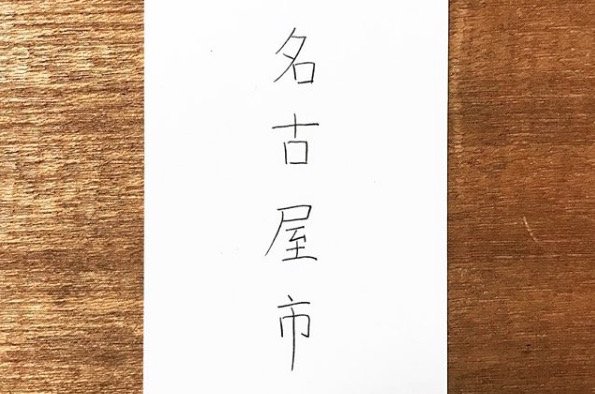

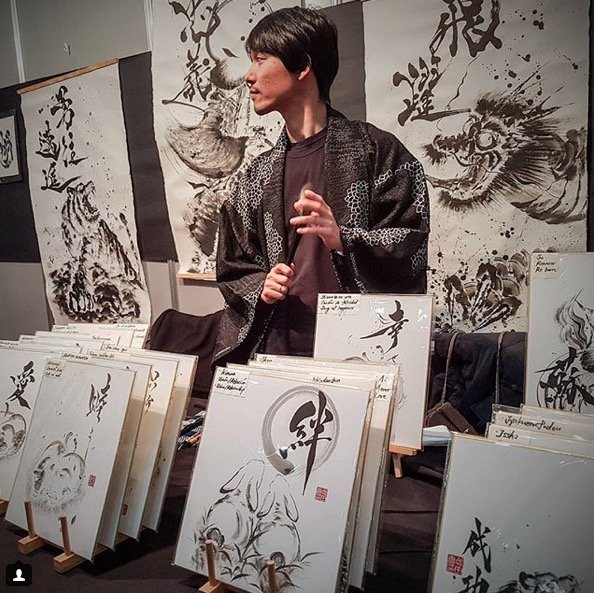
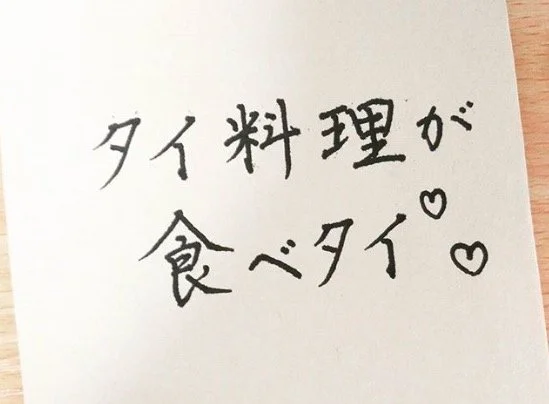
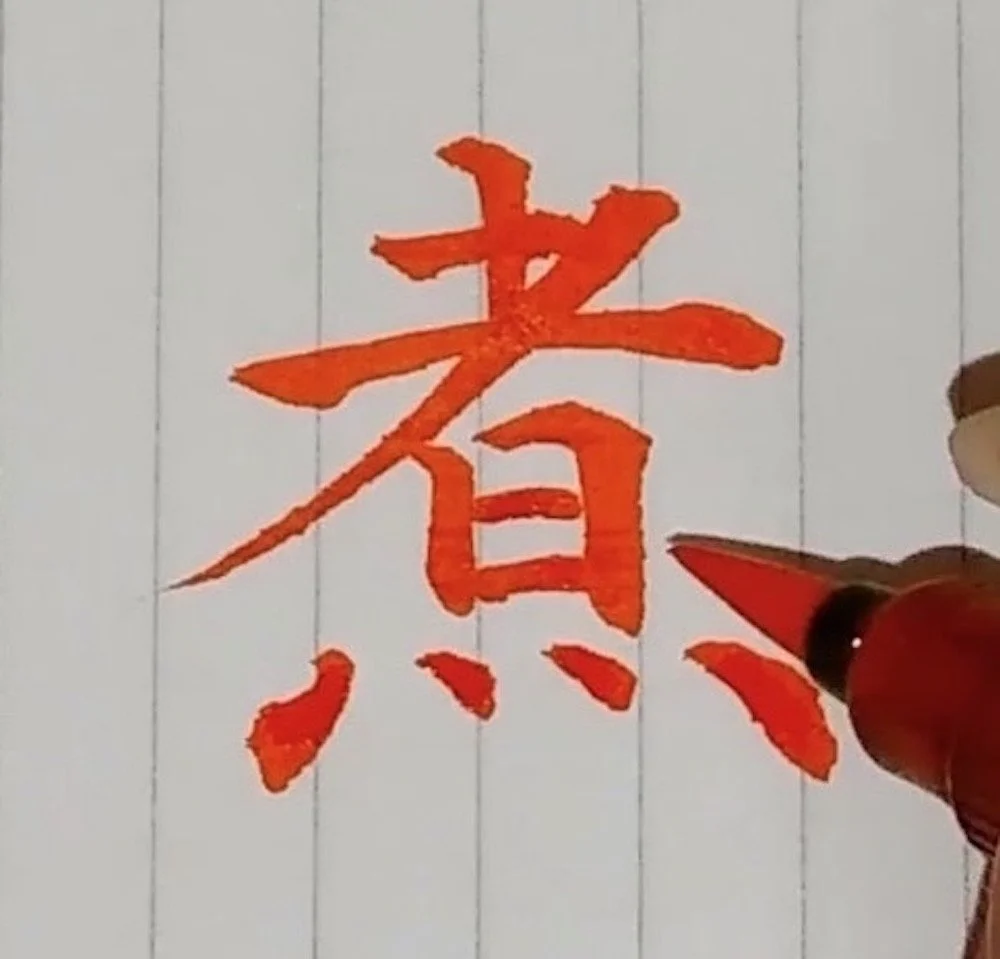






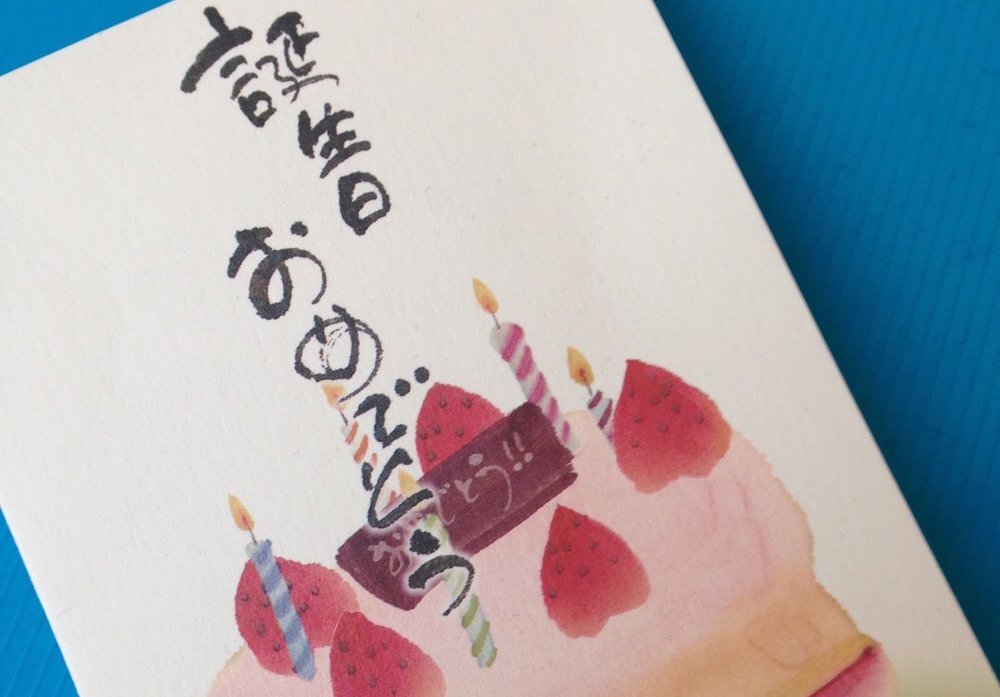














Like many people in the UK, I studied French in school. I liked French. I thought it was really fun to speak another language, to talk with people, and to try and listen to what was going on in a new country. (Still do!)
When I was 14 we went on a school exchange to the city of Reims, in northeastern France. I was paired with a boy, which I’m sure some 14-year-olds would find very exciting but which I found unbearably awkward. He was very sweet and we completely ignored each other.
That was nearly 20 years ago, and I didn’t learn or use any more French until, at some point in lockdown, I decided on a whim to take some one-to-one lessons with online teachers. Here are some things I learned about French, about language learning, and about myself.